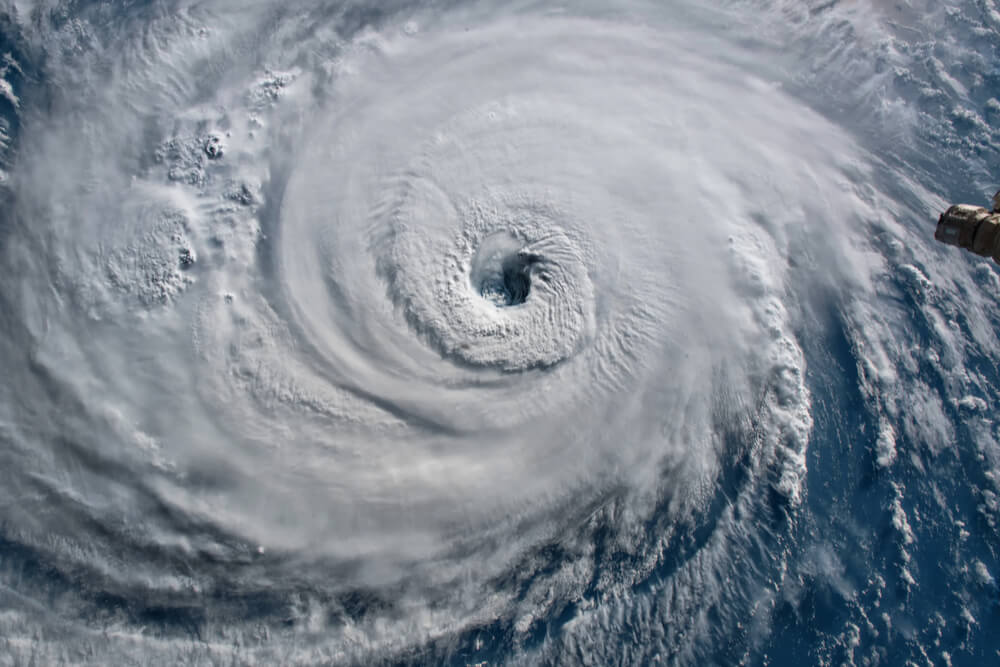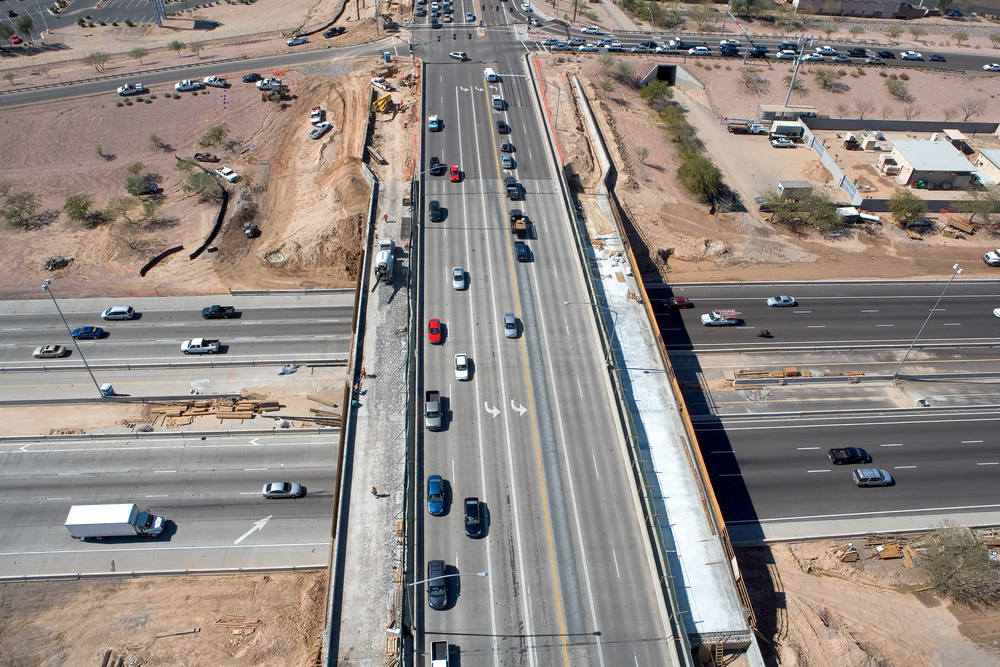
Hurricane Ida battered Louisiana and surrounding states, prompting state and federal authorities to declare a state of emergency that includes a suspension of truck driver hours of service restrictions across six states.
“By execution of this Emergency Declaration, motor carriers and drivers providing direct assistance to the emergency related to Hurricane Ida in the Affected States are granted emergency relief from 49 CFR § 395.3, maximum driving time for property-carrying vehicles, and 49 CFR § 395.5, maximum driving time for passenger-carrying vehicles, subject to the restrictions and conditions set forth herein,” the Federal Motor Carrier Safety Administration (FMCSA) stated. “The Emergency Declaration provides regulatory relief for commercial motor vehicle operations while providing direct assistance supporting emergency relief efforts transporting supplies, goods, equipment, and fuel into the Affected States, and transporting persons into and from the Affected States, or providing other assistance in the form of emergency services during the emergency related to Hurricane Ida in the Affected States.”
Alabama, Arkansas, Louisiana, Mississippi, Tennessee, and Texas will rely on truck drivers working longer hours to keep essential items such as food, fuel, medicine, equipment, and others moving through the supply chains. The FMCSA’s order stands through Sept. 28 or until emergency relief is no longer required, whichever comes first. When transporting loads that constitute community relief, truckers are allowed to exceed on-duty hours as long as they do not operate a heavy-duty vehicle while fatigued. Truck drivers are being asked to use commonsense safety practices while buoying communities in need.
Hurricane Ida made landfall as a massive Category 4 and ranks among the most catastrophic storms in U.S. history. Reports indicate Ida delivered sustained winds of more than 60 mph with top-end speeds reaching 150 mph. Early reports indicated that at least two people drowned, buildings collapsed, and vessels were destroyed along the Gulf Coast. The region’s hospital resources were already being stretched thin from spikes in Covid infections.
“It has been stressed from COVID-19, and the occupancy has been full. We have put plans in place to support that. They all have generator backup. Some are already on generator backup. We have resources to go in and augment that if we need to, but we’re also prepared to move patients out of state,” FEMA administrator Deanna Criswell reportedly said.
Medical supplies, non-perishable food, generators, and other equipment will need to be loaded on tractor-trailers and delivered through sometimes hazardous and damaged roadways. Fuel to sustain generators, vehicles, and equipment will need to be trucked in from other regions because area production shuttered. Louisiana’s 17 oil refineries and a pair of natural gas plants were forced to shut down as the hurricane approached. Damage could disrupt national fuel supply chains in the coming weeks and months as the Louisiana plants accounted for one-fifth of the nation’s output.
“Many, many people are going to be tested in ways that we can only imagine today,” Louisiana Gov. John Bel Edwards reportedly said.
Sources: freightwaves.com, ccjdigital.com











Funny during a state of emergency, a driver is able to tell if they are fatigued. Any other time the ELD tells us when we need rest. Just saying.
Again.. whenever they want to explorer drivers deeper, they relax the rules, HIPOCRITES, you are saying again that your rules doesn’t means anything, but you love to be in control. Drivers should know, and we know, when to rest,how long to rest, not FMCSA or stupid dispatchers.. we need to have control over our work related issues, not clueless people.
Has anyone here actually driven under one of these HOS rules?
Just because it is declared emergency doesn’t mean your ELD won’t throw a fit.
It seems these suspensions of HOS is only a political move as most big trucking companies don’t change anything on the elogs.
Can Taliban drivers be hired to alleviate the driver shortage during such an emergency?